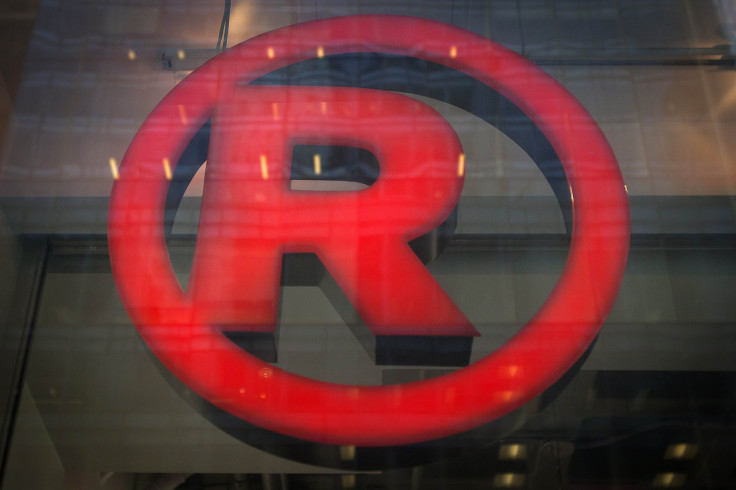Some RadioShack Locations Closing As Retailer Files For Bankruptcy (Again)

RadioShack has filed for bankruptcy protection for a second time and will begin closing down a portion, but not all, of its retail stores.
Parent company General Wireless filed a Chapter 11 reorganization petition in U.S. Bankruptcy Court in Delaware Wednesday. In the petition, the company said it will close an initial 187 stores by around March 13 and an additional 365 RadioShack locations will either be transferred to Sprint or closed by March 31.
Along with these stores, RadioShack plans to evaluate options for its remaining 1,000 locations throughout the bankruptcy process. RadioShack currently operates more than 1,500 retail locations and could not confirm the locations of stores that will be closed.
In a statement, RadioShack president Dene Rogers said the company had improved its services and numbers in several sales areas since its restructuring, but couldn’t avoid larger strategic hurdles.
“For a number of reasons, most notably the surprisingly poor performance of mobility sales, especially over recent months, we have concluded that the Chapter 11 process represents the best path forward for the Company,” Rogers said. “We will continue to work with our advisors and stakeholders to preserve as many jobs as possible while maximizing value for our creditors.”
The electronics retailer avoided a complete shutdown after its first bankruptcy filing in 2015, as a bid from hedge fund Standard General kept around 1,700 RadioShack locations open. Originally founded in 1921, RadioShack is best known for being an outlet for enthusiast builders and provider for general and niche hardware.
But as with other retailers like Best Buy, RadioShack struggled to maintain relevancy as a local brick-and-mortar outlet. Along with pressure from online retailers like Amazon, other potential avenues for revenue failed to pay dividends. As USA Today notes, RadioShack partnered with Sprint to sell smartphones, but the program suffered from dipping sales numbers.
© Copyright IBTimes 2025. All rights reserved.




















